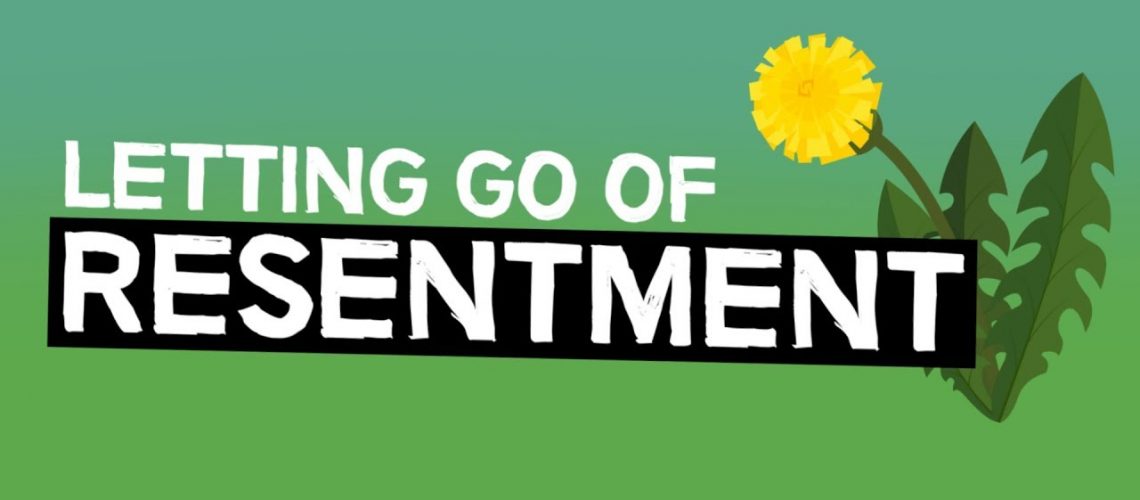Letting go of resentment is actually a lot easier than the mind makes us believe. This video shares a few perspectives to let go of resentment.
Video by Einzelgänger
Key Takeaways
Letting go of resentment is actually a lot easier than the mind makes us believe.
No matter where you stand in life what’s most important is that you make progress.
"Pulling old cows out of the ditch."
What this saying means is bringing up the past.
Sometimes we have to bring up the past. We might need the past to solve things in the present or plan for the future, but bringing up the past repeatedly and without good reasons becomes a destructive habit.
One thing that often keeps people stuck in the past is resentment.
The Stoics say that we shouldn’t worry about things beyond our control, but in some cases, situations require more than simply ignoring them.
Resentment is something that we create ourselves because of the position we take towards things. It’s grown out of aversion. Slowly, but surely we begin to create a story around this aversion, about the past how people wronged us, and how they will run us in the future.
"It is not events that disturb people, it is their judgements concerning them."
Being resentful, no matter how righteous, will not solve anything. It’s like drinking poison and waiting for the other person to die and even when that person dies you’re still poisoned — No good can come from walking around with a grudge.
The Buddhists have a mind hack that deals with resentment in a very effective and almost immediate way which is called Metta, also known as loving-kindness.
Metta is the practice of loving all beings unconditionally. Love eliminates the most destructive qualities of human life — like hostility, anger, and basically the whole range of aversion.
Letting go of resentment doesn’t have to mean that it completely disappears. Deep inside resentment may still be there, but by letting go we choose not to cling to it and not to follow it when it arises.
Although the Stoics and the Buddhists acknowledged the power of letting go and living in a moment, they also encouraged us to do the right thing.
The old Stoics were great apostles of justice. Looking at Stoic ethics, we will realize that the true path to happiness isn’t a total disinterest towards the world, but rather a life of virtue.
The Buddhists have quite similar ethical views based on the idea that doing the right thing will eventually end your suffering and lead to enlightenment.
Many disputes, whether they are family issues or work related, aren’t solved and tainted by unfair dealing. We are afraid of confrontation, afraid to speak the truth, and instead we talk ill behind the backs of those we should confront.
According to the Stoics, behaviors like these belong in the domain of vice. Vice leads to unhappiness. So doing the right thing means addressing unfairness and cowardice, which can be done by the virtuous opposites — fair dealing and courage.
When we take action the outcome is uncertain — How other people respond is not up to us. But when we do the right thing, does the outcome really matter? At least we did the best we could fueled by goodwill and free of resentment, that’s what matters.
Confrontation and trying to solve the situation isn’t always the right thing. In some cases the best way is simply to let it go and let our attachments to past events dissolve.
This really depends on the situation though and thus doing the right thing isn’t one shoe fits all and requires a careful examination.
Letting go of resentment was the first step into solving a lengthy impasse in a way that benefits all parties involved

